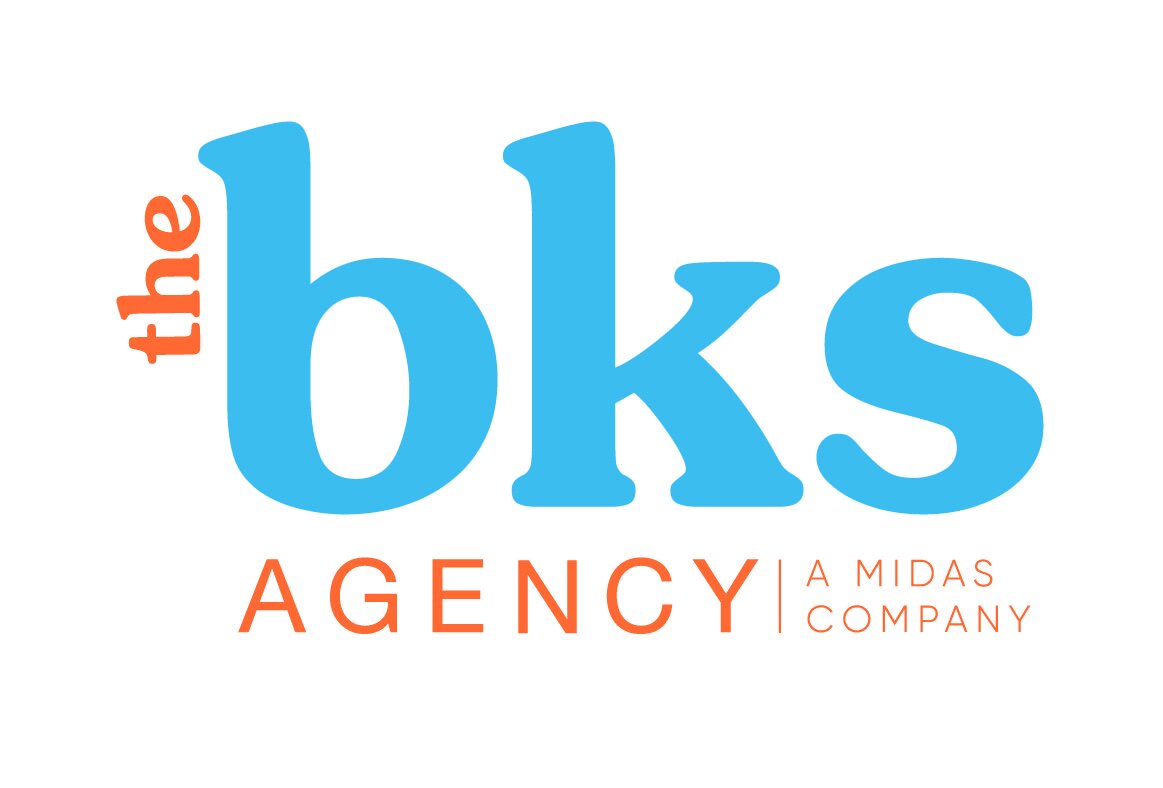BORN: THE STORY OF CHILDBIRTH
Lucy Inglis
RIGHTS AVAILABLE: All rights handled by the bks Agency
A history of childbirth may seem, initially, that it would be about so many small, daily changes over such a long time that it would be almost impossible to create a gripping narrative. Yet the main developments are rapid and involve a fascinating series of people and stories that cascade over one another in different countries, but they are as closely linked as a spider’s web. Sometimes BORN will be sad. It’s not for the squeamish: childbirth is visceral and primal. But it’s also about monumental triumphs, both scientific and humane. Now, most doctors now strive to make the smallest cuts, the least intervention, the best outcome for mother and child. Some do not. But the cry of the new-born is always a furious, ungrateful, yet perfect squeal. The story of how we give birth is incredible. BORN is also a narration of the female struggle, not for equality, but to govern their own bodies and its ability to reproduce; it explores how men have striven for control over pregnancy and birth since the times of ancient civilisation. This is a serious history, but the account of the medical, scientific, political and social changes that influence childbirth will be illustrated by compelling stories that encapsulate the appeal of Call The Midwife. It will be full of humour, emotion and poignancy. Sharing it with Giles Milton, author of Nathaniel’s Nutmeg and White Gold he said, ‘Oh yes. It’s beautiful ... and it needs a woman to write it.'
““Lucy Inglis’s fabulous book Milk of Paradise is a triumph, epic in scale, and full of humanity.” ”
Lucy Inglis is a historian and novelist, a speaker, and occasionally a television presenter and voice in the radio. She is the creator of the Georgian London blog and her book of the same name was shortlisted for the History Today Longman Prize. City of Halves, her first novel for young adults, was longlisted for the Carnegie Medal and the Branford Boase award. Lucy is also the author of the international bestseller Milk of Paradise.

